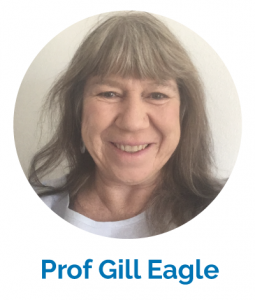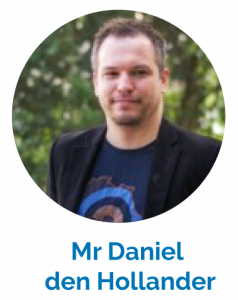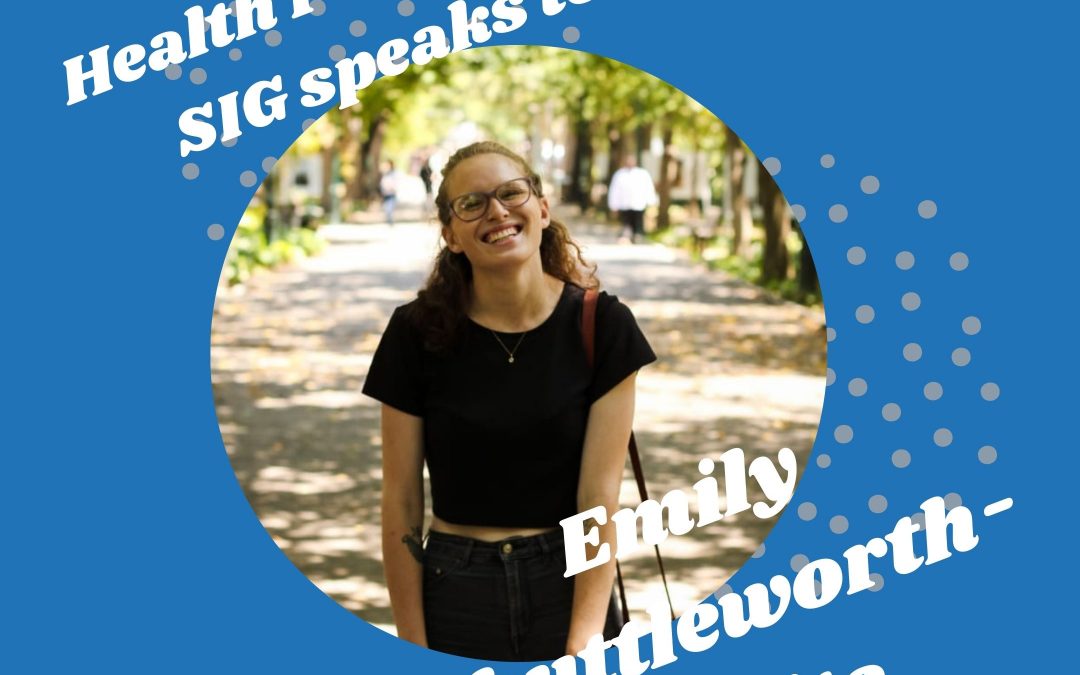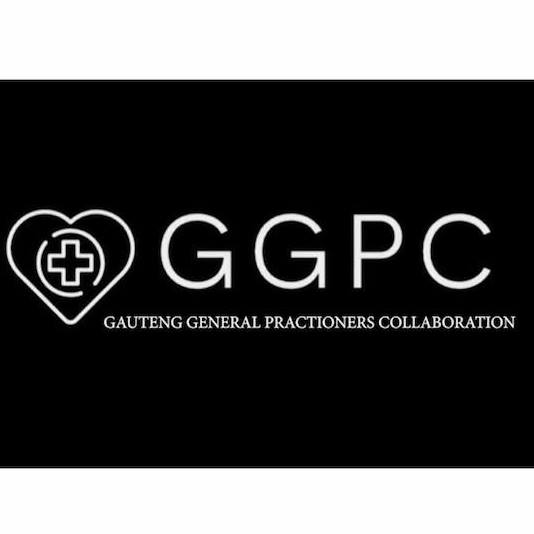
PsySSA Commemorates Nelson Mandela Day 2022 – It is in Our Hands
As we observe the United Nations’ Nelson Mandela International Day, we are reminded of how fortunate we are, as a nation, to have had such a great leader. We are also reminded of many facets in the life, teachings and wisdom of this global icon. The sacrifices that he, and other great leaders, made selflessly to ensure a democratic future for all South Africans must never be forgotten. Fifteen years ago this Nobel Laureate, and our former President, said to us “It is in your hands”, urging us to carry on the work of establishing a just society for all who live in it. Some of us may wonder whether we have failed him, especially when we look at the state of our nation, our governance, unemployment rates, the state of our economy, our failing health services, and the rates of crime and violence. Nelson Mandela was known world over for his concern about how nations treated its most vulnerable citizens, and here too we are failing. The rates of violence against women and children continue to cause concern, and we have to ask why? What can we do to prevent such atrocities?
Clearly, we have to make a dedicated start at seriously addressing the problem. This may mean we have to do what we can, with what we have, where we are – in our own homes and communities. In other words, let us start by helping those around us to identify situations of possible abuse, gender-based violence and exploitation. We have to remember that in some situations, abuse may have been going on for a while and become ‘normative’ to the point where the affected person no longer identifies it as an assault on their being. As with other health and social problems, identifying that there is a problem is an important start. Another critical responsibility for us all, is to re-examine how we raise our children, and even pay attention to how parents around us are raising their children – because those child-rearing practices will impact our broader society in future years. Let us work together to raise our children to be caring, considerate and respectful, ensuring that our boys learn to relate in a manner that is neither violent, dominating nor demeaning to others. Let us, instead, teach them how to resolve conflicts in acceptable ways. If we all take these little steps, we can make great strides in equipping our children for a better future for all. It can be done!!
















